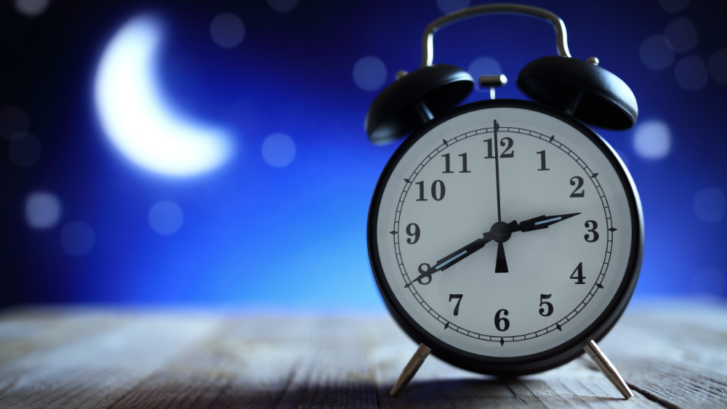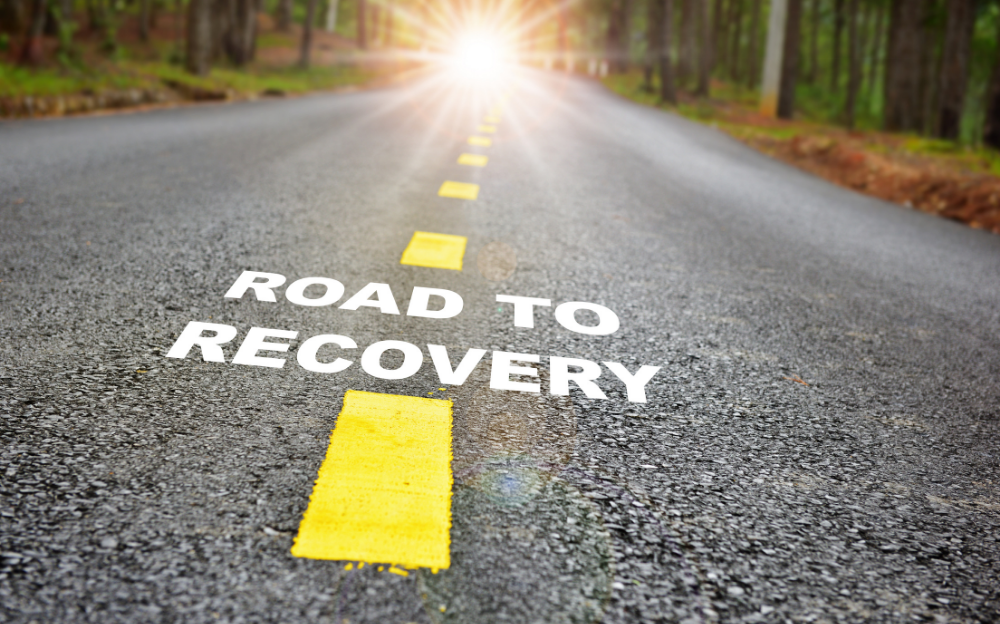Is COVID-19 Causing Insomnia?
Surviving COVID-19 and Insomnia
COVID-19 (and its variants) are known for an extended list of symptoms. Some are fairly common, such as a sore throat, a fever, or chills. Other, less common symptoms can depend on the variant. They can include a distortion of the sense of smell and taste, changes in one’s menstrual cycle, dizziness, the infamous brain fog, and more. For most people, COVID-19 symptoms tend to last, on average, around two weeks. However, the 10% of infected individuals whose symptoms last longer, have been referred to as ‘long haulers.’
What’s in a name: Long Haul COVID-19 and Insomnia
Long Haulers, Post-COVID, Long COVID, Chronic COVID-19; any of these names may refer to the experience of survivors who continue to experience symptoms for weeks after the initial exposure, regardless of whether or not they had mild or severe symptomatology. Some of the most common symptoms of Long Haul COVID-19 are fatigue and insomnia. Up to 80% of people with symptoms lasting longer than several weeks/months continue to experience exhaustion and tiredness.
Insomnia as a common symptom
Insomnia is the condition of disrupted sleeping: people with this disorder may have trouble falling asleep, staying asleep, or waking up early. If there is disruption in their usual sleeping pattern that occurs between one night to a few weeks, it is classified as acute insomnia. Chronic insomnia is when it occurs three nights per week, for three months or longer.
Insomnia was a common experience during the early stages of the pandemic, and for people with depression, anxiety, and other mental illnesses, it became particularly prevalent. This study by the Journal of Clinical Sleep Medicine, examined the relationship between people who previously had possible or diagnosed insomnia, and people who had no history of insomnia during the early stages of COVID-19. The study found that both had high rates of depression, anxiety, and insomnia.
Mental health prevalence
Additionally, people who were hospitalized for COVID-19 developed Post-Traumatic Stress Disorder, and one commonly reported experience was trouble sleeping. In this study, 40% of survivors of COVID-19 developed insomnia.
In these troubling times, it is crucial to understand the effects of long haul COVID-19, especially in regards to insomnia. The psychological and neurological effects have shown so far that it can be a profoundly difficult for survivors, even after the initial symptoms have abated.
Psychological care for long haul COVID-induced insomnia has a similar route of care as pre-COVID-19 insomnia: CBT-i. Cognitive Behavioral Therapy (CBT) is a form of talk therapy where, with professional guidance, a survivor can process and remove barriers to their understanding of their trauma. With CBT-i, a professional can suggest healthy coping mechanisms for healthy behaviors, such as changing sleep routines and habits. Working with a professional, such as a therapist who specializes in CBT-i can be the next best step. In addition, licensed professionals can help their patients develop sleep hygiene, maintain stimulus control, and provide holistic tools for relapse prevention.
We can help
With the aid of an insomnia informed specialist, people suffering from insomnia may find relief with Cognitive Behavioral Therapy. Here at Healthpointe, we can connect you with resources to improve your quality of living, such as making an informed health plan.
About Healthpointe:
You can schedule an appointment with us here, or through our Covid Recovery Program. We now offer texting services! Give us a call or text to schedule an appointment today: (714) 367-5390.
We have locations in Anaheim, Colton, Corona, Garden Grove, Irwindale, La Mirada, Long Beach, Los Angeles, Ontario, Perris, and Temecula.



